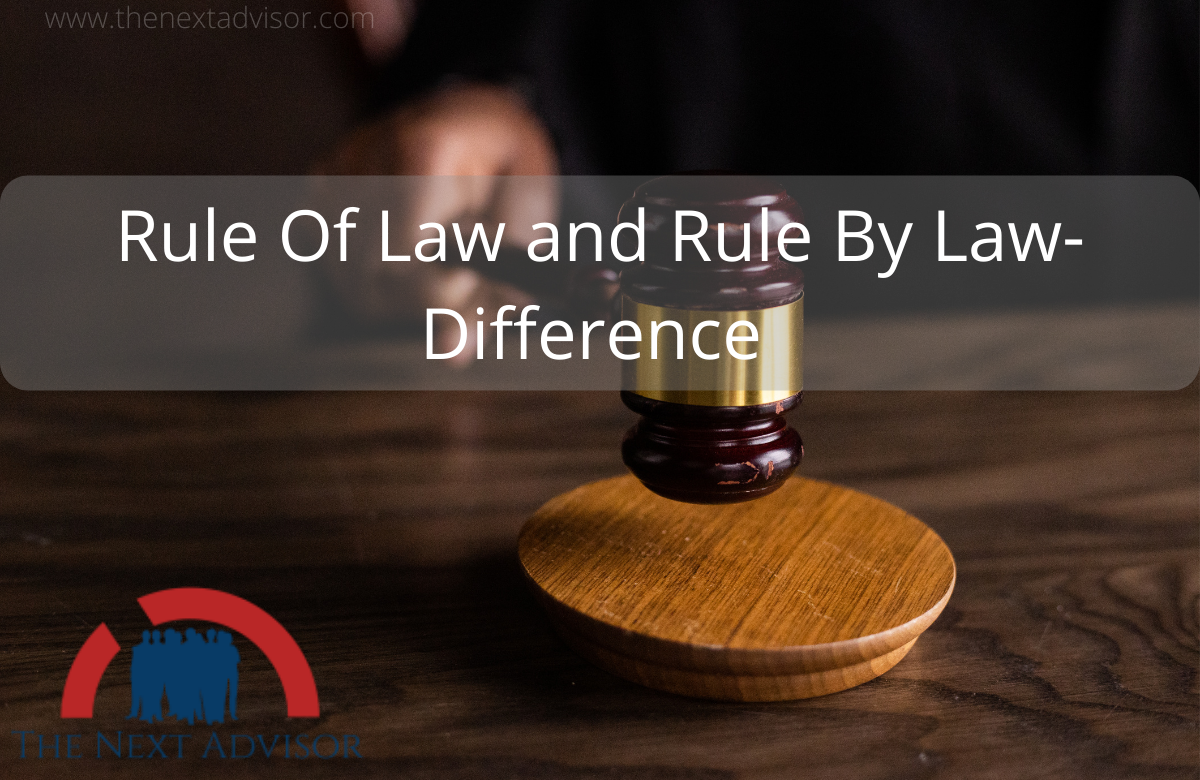Hello friends, I would like to put your attention towards the very important topic by the view of study about law, i.e., Rule Of Law and Rule By Law. I will also explain here the main difference between the R. O. L and R. B. L.
Rule of Law (R. O. L) ( Lex is Rex )R. O. L is a mechanism, process, institution, practice, or norm that supports the equality of all citizens before the law The Constitution of India intended for India to be a country governed by the R. O. L.
The King is not the law but the law is king Chanakya: King should be governed by the word of law
• Plato said the meaning of R. O. L is that it is supreme in nature and nobody is above the law.
• Aristotle said that law should be the final sovereign of the state. ,
• Phrase was drawn from la Principe de legality
Rule by Law / Rule by Man ( Rex is Lex )
• ‘ Rule by law ‘ simply means rule by any law which is laid down by
• The supreme law-making authority of that country.
Example:- MEN & WOMEN SHOULD ONLY CUT THEIR HAIR ACCORDING TO THE 28 GOVERNMENT-APPROVED HAIRSTYLES.
AV Dicey’s R. O. L
• Supremacy of Law
• Law rules over all people including the person administering the law
• Equality before Law
• The law cannot discriminate b/w people in matters of sex, religion, race, etc.
• Predominance of Legal Spirit
• There must be enforcing authority to enforce principles of law.
• This authority can be best found in courts.
Exceptions of R. O. L
• Equality in not an absolute concept in India
• Existence of Quasi-judicial bodies
• Affirmative action ( A – 15 , 16 ) Criminal immunity to president and & governor ( A – 361) • Parliamentary privileges ( A – 105 , 194 )
• Diplomatic Immunity
R. O. L in India Kesavananda Bharati v. the State of Kerala :
R. O. L is an integral part of the Basic Structure of the Constitution Article 13, 21 provides a further check against arbitrary executive action of the government. To understand it deeply please refer: Kesavananda Bharati vs State of Kerala

























